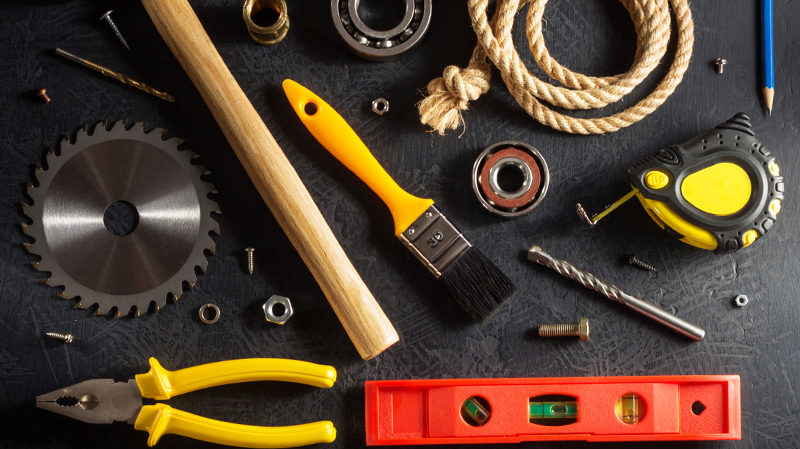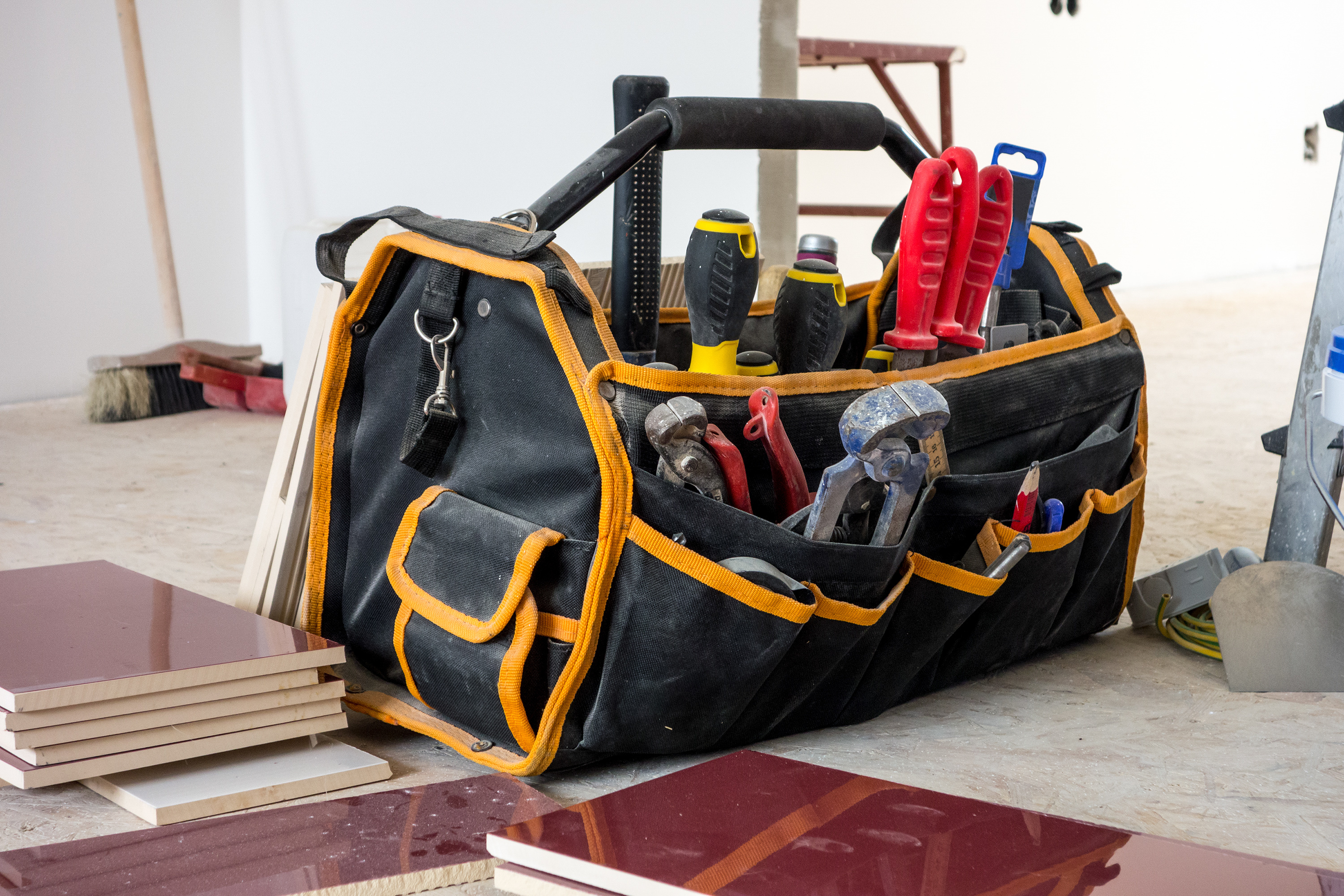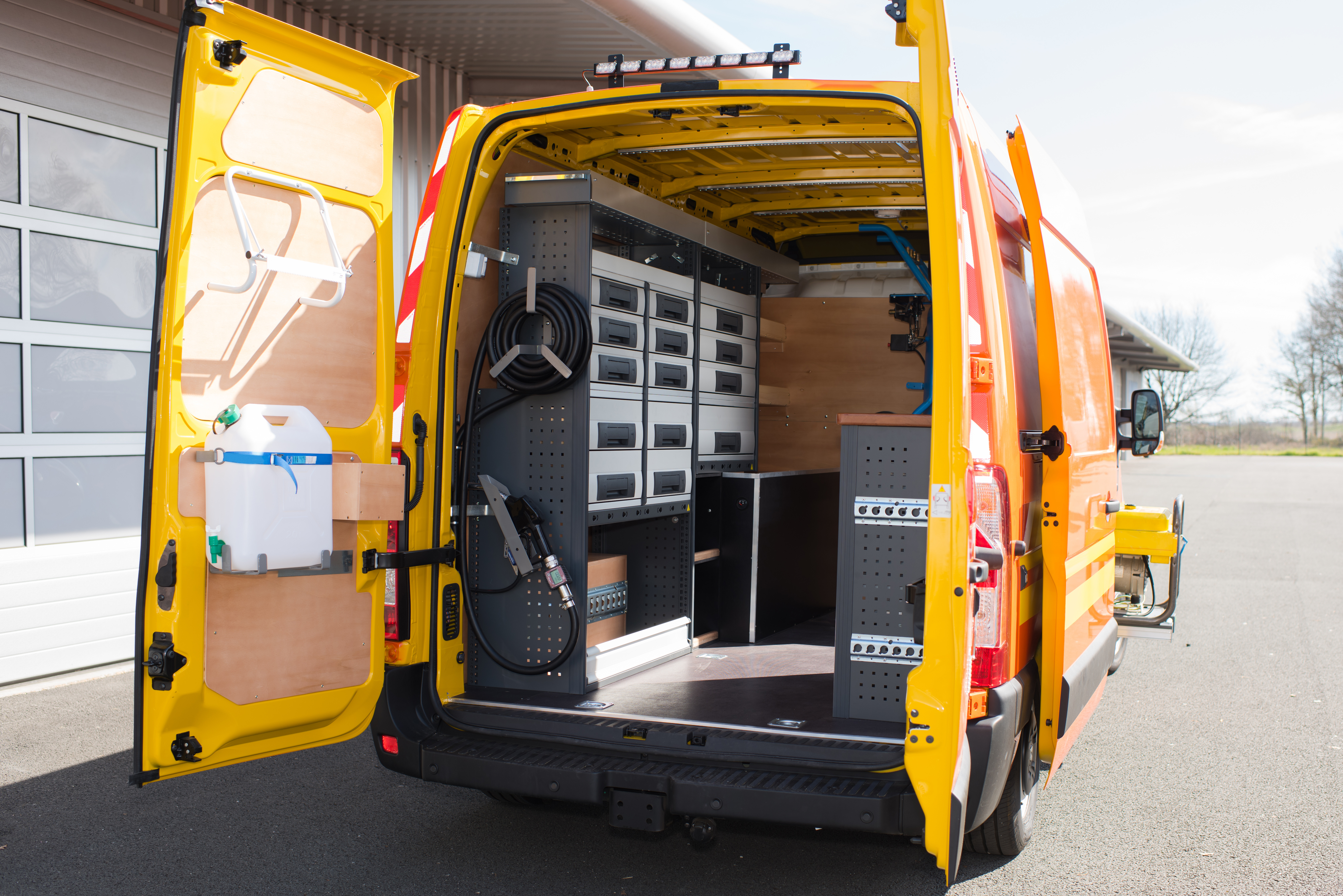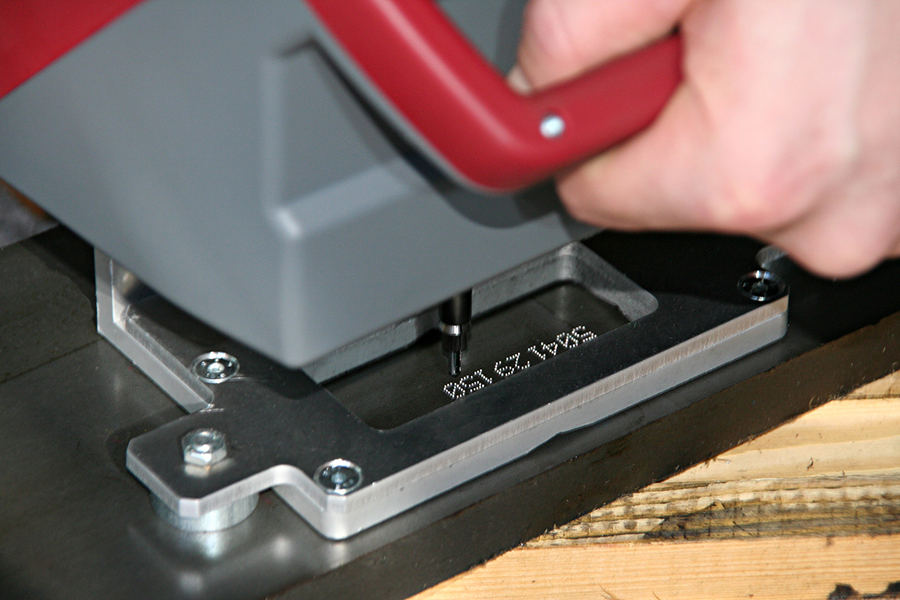
A recent survey revealed that 51% of UK builders have been the victim of tool theft, with tools being stolen from vans, workshops, or directly from construction sites.
The study by the Federation of Master Builders makes shocking reading, but sadly the results will not be a surprise to the thousands of tradespeople who’ve become victims of increasingly sophisticated thieves.
The good news is that some advance preparation and a few sensible precautions can help cut your chances of being targeted, either when out on the job or in your own workshop and could minimise the impact on your business if you do find you’ve been burgled.
Stay vigilant
Tool thefts often happen in spates in a local area, so look out for reports of robberies in the news and on social media to ensure you're alert at the right time.
It may sound obvious, but it's never been more important to keep an eye on your tools when you're on the job and to only take the tools you need for the job at hand. Aside from the risk of losing small bits and pieces, there have been worrying reports of thieves impersonating tradesmen on site in order to steal equipment. If you regularly check on your kit, you're not only more likely to spot anything missing, you'll also deter thieves looking for an easy target.

Safe place
When you’re out on site, you might not be able to control who has access to the premises or what security systems are in place, so it’s more important than ever to keep an eye on your own kit. Keep tools close to hand, check on them regularly and only take the items you need if possible. In your own workplace, you should lock your tools in a secure, indoor location. Use alarms, locks, and safe boxes, and don't leave any loose tools lying around – thieves may use them to try to access more expensive equipment.

Secure your van
If you have to leave items in your van, whether on the job or parked up for the night, make sure it's as secure as possible. Park in a garage or well-lit area. Many thieves are opportunistic, so if you have tools inside, keep them out of sight in a boot, locked in a secure storage container, or chained to the chassis. Installing an alarm and immobiliser can also deter criminals.
When locking up with a key fob or any other electronic system, remember to double-check the doors are secured. Some criminals use jamming devices to block the signal, leaving your vehicle open and exposed.

Mark'em up
Clearly marking your tools makes them harder to sell on – a key deterrent for thieves. Marked-up tools will also be easier to identify if they are recovered by police.
We recommend engraving your postcode or house name/number onto valuable items or using paint or a permanent marker. Your name and phone number are also useful identifiers. High-tech solutions like Datatag, SmartWater, or SelectaDNA can also be used to mark some of your more expensive tools, and a GPS tracker in your tool box can help police track thieves. If you register your tools with the national property register Immobilise, any recovered items will be returned.

Suspicious? Contact the police
If you’ve been offered second-hand tools that you think might be stolen, contact the police immediately. A recent survey by Direct Line Insurance revealed that six in ten tradespeople have been approached by or have seen someone trying to sell second-hand tools which they suspected were stolen.
While the vast majority (91%) refused to buy the tools, only 23% notified police of their suspicions. When you contact the authorities, you could help break the cycle of tool thefts which causes so much stress and financial loss to the trade.
Cover yourself
The final, and most important, safeguard against tool theft is insurance. Every claim is different and is dependent on its own set of circumstances, but you should always keep a list of every item you own, complete with photos and serial numbers, and make sure they’re all covered by your insurance policy in the event of a robbery.

